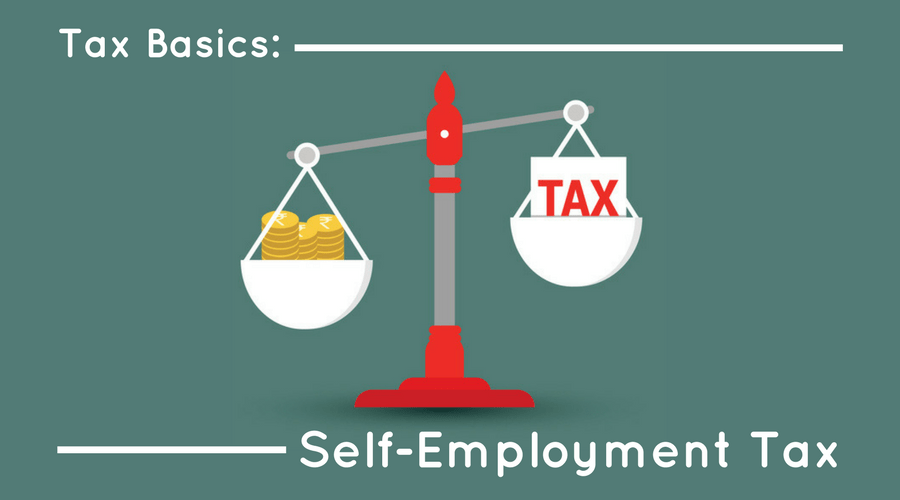Is It a Hobby or a Business?

Is your company a business, or is it still just a hobby? The IRS has strict guidelines about what activities constitute a business. Whether you’re a business will have an impact on your taxes at the end of the year.
Do you plan to make a profit?
The IRS usually considers whatever you’re doing as a business if you intend and expect to turn a profit. You can figure out if the IRS will treat you as a business by asking yourself the following questions:
- Do I treat the activity as a business and keep detailed and accurate books and records?
- Do my time and effort invested indicate that I plan to make a profit?
- Do I need the endeavor’s income to support my lifestyle?
- Are losses due to circumstances beyond my control?
- Are the losses incurred normal in the startup phase of my industry?
- Have I tried to improve profitability by changing my methods of operation?
- Do my advisors or I have the necessary knowledge to carry on this activity as a successful business?
- Did I make a profit doing something similar in the past?
- Has the endeavor made a profit in some years?
- Do I expect to make a profit in the future from the appreciation of assets used?
If you answered “yes” to most of those questions, then the IRS will likely treat your activity as a business.
If your sales are slow right now, and you’re still trying to grow your business, don’t worry. You could still be treated like a business – be sure to do a few things to show the IRS you’re trying to turn a profit:
- Charge a price that covers your costs with some cash leftover
- Keep accurate and extensive records of your business costs and pricing
- Create a written business plan to show your intent to turn a profit and outline ways you plan on adjusting the business plan to cope with any losses
- Regularly market your business, online and/or locally
Does it matter if my activity is a business or a hobby?
As a business, you can deduct all ordinary and necessary expenses incurred from conducting your business. An ordinary expense is common and accepted in your trade or business. A necessary expense is appropriate for your industry. Read also: 4 Tax Deductions You Don’t Want to Miss
As a hobby, you can generally only deduct expenses up to the amount of income your hobby brought in. So, for example, if you bought $1,500 worth of equipment for your hobby, but only sold two things at $50 each, you could only deduct $100. As a hobby, you also cannot deduct any losses incurred from other income.


